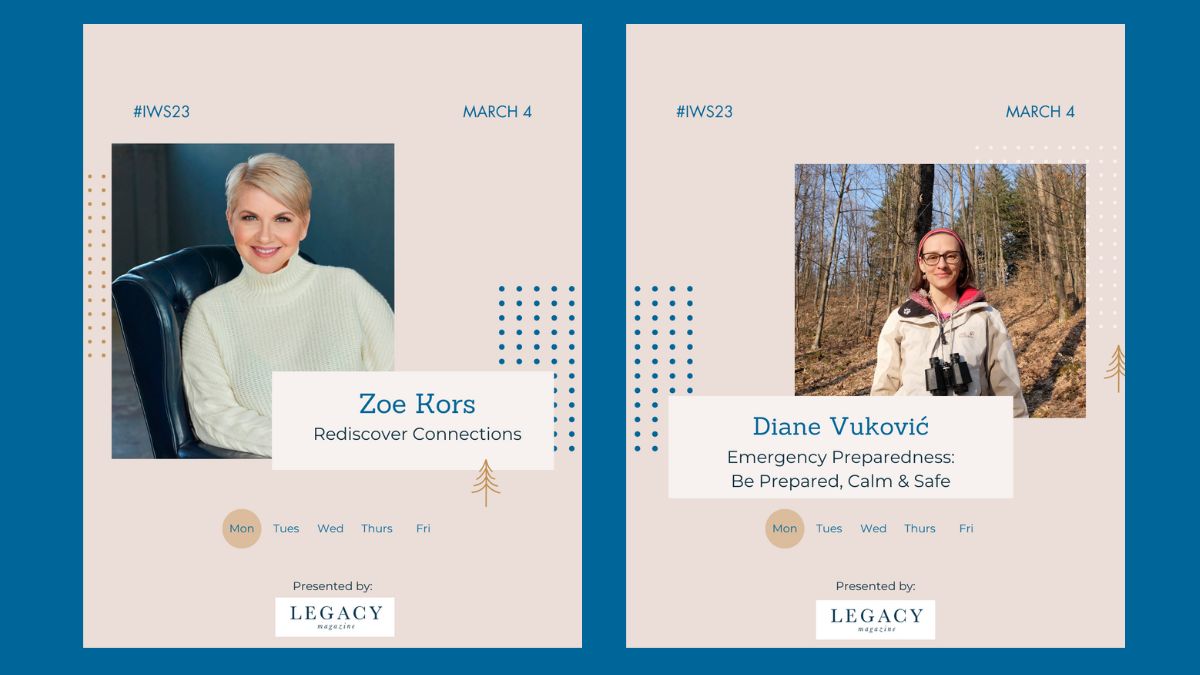I write this sitting at my desk in our on-base apartment, watching the annual migration of the military begin outside my window. Workers from the local moving companies lug armloads of packing materials up the stairwells and then, hours later, lug those same materials, now transformed into heavy boxes, back down and place them into shipping crates. I sit here watching and wondering where they are headed. I wonder whether the family is excited or nervous. And, very selfishly, I think about how glad I am that it’s not me moving this year.
We are a Navy family and have been playing this gig for a couple of decades now. We’ve experienced all manner of moves, from fairly easy to nightmarish. Like so many military spouses, when our most recent set of orders arrived I hoped this PCS would be that rare “easy” move, where everything falls into place like clockwork and life quickly returns to normal. But, unfortunately for us, easy wasn’t in the cards and that move ended up at the other end of the spectrum—a pure nightmare.
RECOGNIZE YOUR POTENTIAL PITFALLS
What I failed to factor into our last move was that my husband’s career path had made us the odd man out. We had been away from the Navy flagpole for years and no longer fit into the neat little boxes on the forms we had to fill out. To put it into perspective, the last time our family had been attached to a Navy command, our son was an infant—our return two years ago found him starting high school. Time flies and things change.
We were going home, so to speak, so it should have been a breeze, right? How could it be harder than when we first moved overseas for a foreign exchange tour with our infant in tow? How could it possibly be more difficult than our moves to embassies around the African continent? In my mind, returning to a Naval base should have been so straightforward that I could’ve phoned it in. I wanted our PCS to be easy and for nothing to have changed since 2004, because in those intervening years we had done the hard and challenging. This time I wanted smooth and simple.
In the past, when we moved to non-Navy locations, I had always been on my toes, educating myself to the extreme because I knew that I would be the stranger in the strange land, whether that strange land was a foreign Navy, our own Army, or one of our embassies. I needed to be prepared for anything and everything so I educated myself. I did everything I could to get things right, while still allowing room for things I hadn’t factored in. But, with this last move, because we were so tired from a challenging tour, and because we were heading to a Navy base, I let my guard down. I coasted in on autopilot and, let me tell you, I don’t recommend that. We hit nearly every pitfall that I should’ve seen, and it hurt.
OWN YOUR MOVE, THEN EDUCATE
Our last move and transition were not something that most people at our gaining command knew how to process. Was this their fault? No, not entirely. Because I had been on autopilot, wishing for a move like I had had over a decade before, I also lost ownership of our fate, or perhaps more correctly, I had gained ownership in its more dismal aspects. Every time I fought the urge to yell and scream at whoever next told me no, whoever told me that I didn’t have the correct form or asked me why our medical records or school records were different, I thought of that. While our experiences had always been Navy, they were outside the norm and this is just not something that the military deals with easily. Our military institutions are set up for continuity and conformity. When presented with the abnormal, these institutions sometimes hesitate or falter. And that is exactly what happened to us.
As I got over my own frustrations, I realized the better approach would have been for me to explain our uniqueness to them, to help them understand, because others like us would someday cross their path. So, I retook ownership of our move, and even though it was too late for us to benefit, at least I could set it up better for others in the future and for myself the next time. Ownership goes beyond your individual experiences. You are part of a larger community and you need to take ownership of that as well. As I said, time flies, things change, but you must remember that you are part of that change.
Don’t get me wrong, though, I am by no means ready to pack up again. I am more than happy to ride out the rest of this tour sitting right where I am. Moving takes a lot out of you. But, the key to remember is that, like all aspects of life, PCSing is only what you make of it. And, to all of you moving this season, I wish you the best of luck.
ABOUT JULIE
Starting out as a cowgirl in Northern California, Julie Tully has spent the past two decades as a nomadic Navy spouse. The wife of a Foreign Area Officer, she has lived overseas since 2004, with seven and a half of those years being in Africa. A former public relations and marketing specialist, she turned to writing when her life began to resemble a book. She writes about life, culture, and the places where they intersect. Her stories have appeared in Legacy Magazine and in books by Tales From A Small Planet and AAFSW. She currently lives in Italy with her husband, son, and their adopted Djiboutian street cat.


















